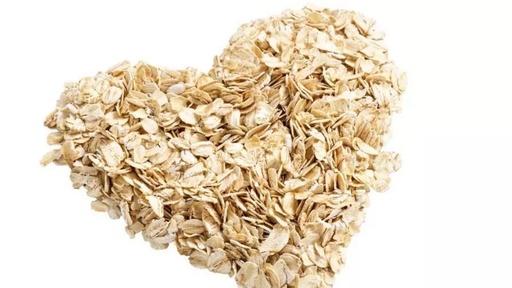
A healthy diet cannot rely solely on refined grains; it is essential to appropriately incorporate whole grains, as different whole grains have different medicinal properties, providing various nourishing effects. Many people are unaware of which type of whole grain is suitable for their constitution.
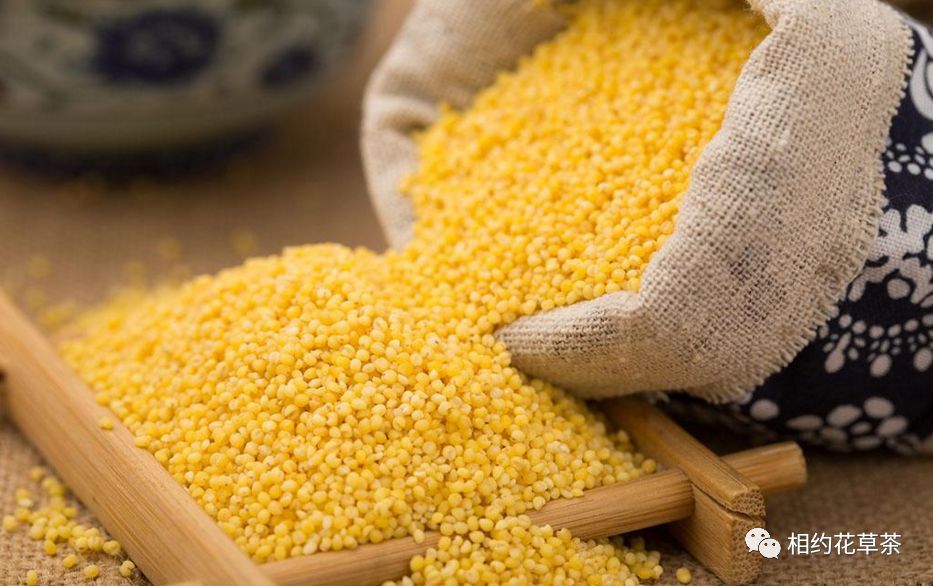
Millet (Xiao Mi)
Promotes Sleep and Aids Digestion
Millet can benefit the kidneys and stomach, clear heat, replenish deficiency, and calm the mind while aiding digestion. The rich tryptophan content in millet is easily absorbed by the body, promoting the secretion of serotonin, which is beneficial for sleep and digestion.
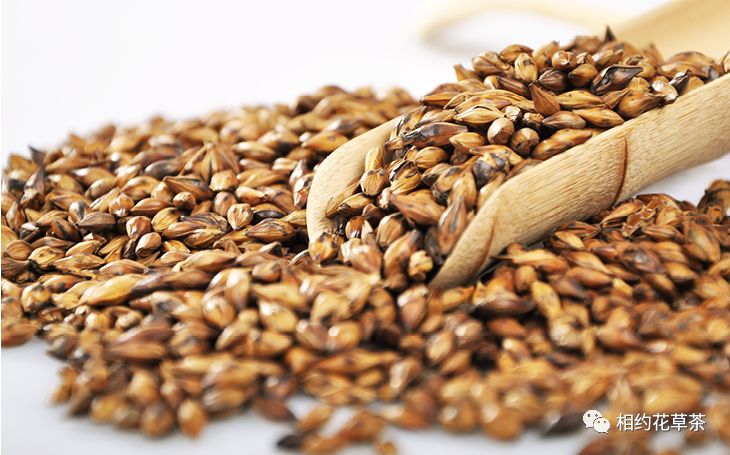
Sorghum (Gao Liang)
Supports Liver Health
Traditional Chinese Medicine (TCM) believes that sorghum has the effect of strengthening the spleen and benefiting the stomach. Animal experiments have shown that sorghum can nourish and protect the liver. For those with spleen and stomach deficiency or children with indigestion, sorghum flour can be roasted in a pot until yellow and then cooked into porridge. Children should consume it in moderation, generally not exceeding half a tael at a time.
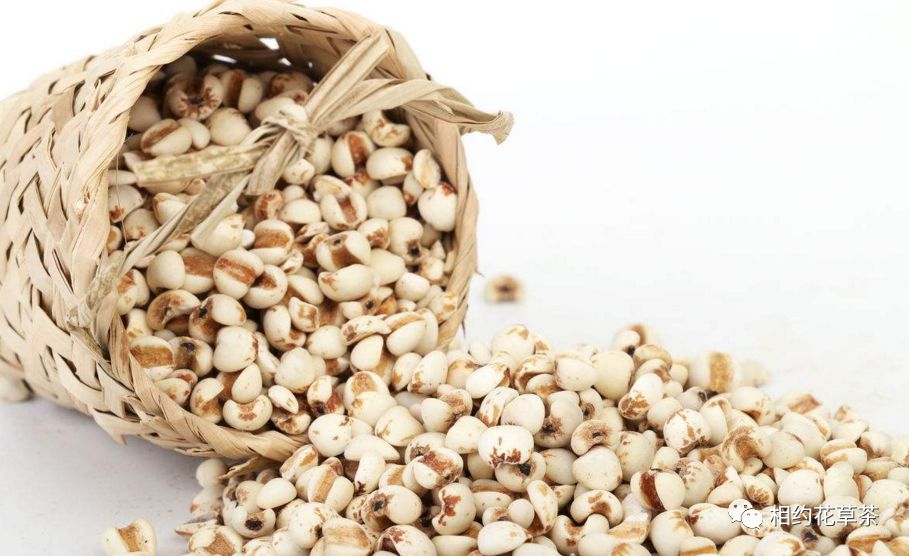
Job’s Tears (Yi Mi)
Detoxifies and Strengthens Bones
Job’s tears are rich in dietary fiber, which can promote intestinal peristalsis, aid digestion, and prevent constipation. Additionally, they help eliminate toxins produced in the body and prevent intestinal diseases. Regular consumption of job’s tears can also inhibit skeletal muscle contractions, enhance bone development, reduce muscle cramps, and delay bone aging, promoting healthier bones.
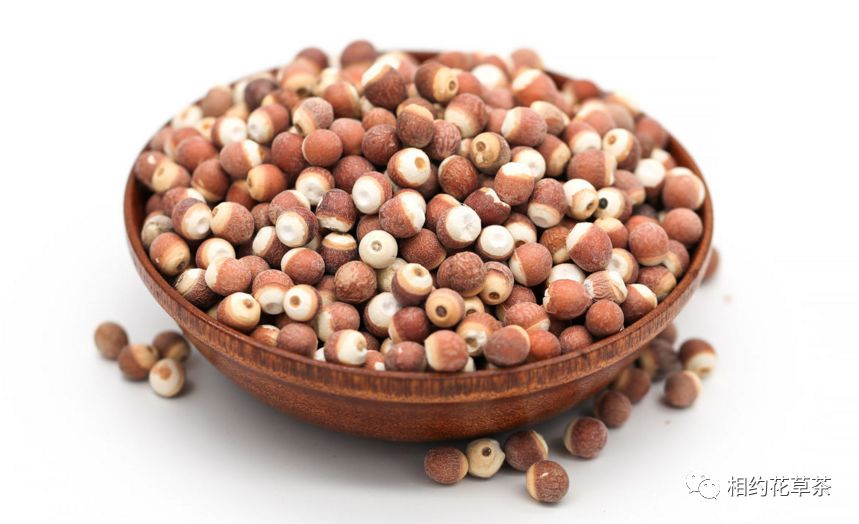
Fox Nut (Qian Shi)
Prevents Aging
Fox nut is rich in starch, providing energy to the body, and contains various vitamins and carbohydrates to meet nutritional needs. The fox nut preparation “Eight Immortals Cake” has a significant effect on prolonging life.
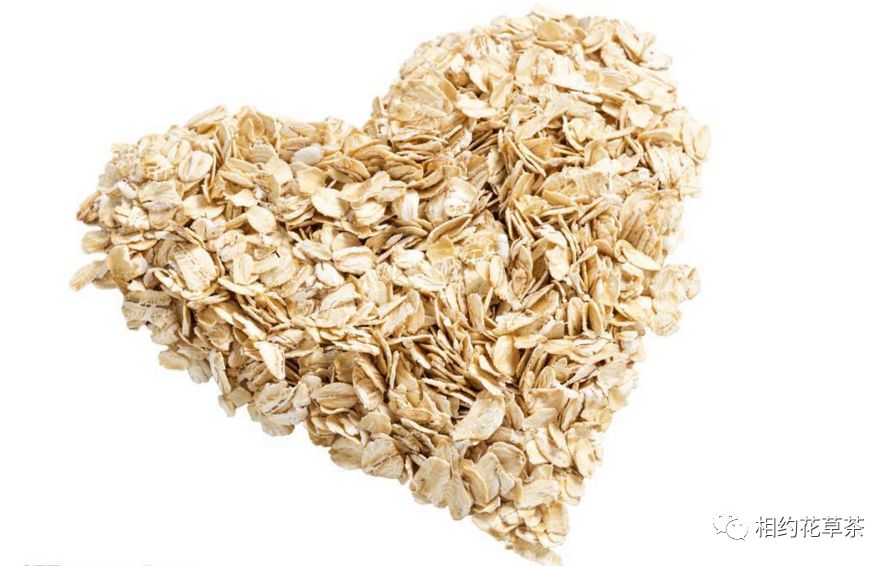
Oats (Yan Mai)
Lowers Blood Lipids
Research shows that the β-glucan in oats can lower low-density lipoprotein cholesterol (LDL, or “bad” cholesterol) levels in the blood without affecting high-density lipoprotein cholesterol (HDL, or “good” cholesterol) levels. Additionally, oats have a low glycemic index, which helps control blood sugar levels. Oats also help prevent constipation and colorectal cancer.
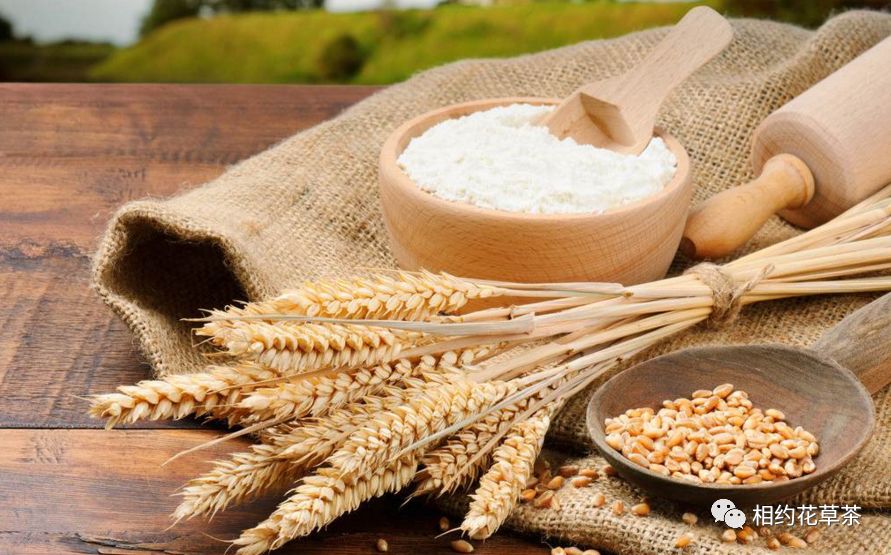
Wheat (Xiao Mai)
Strengthens the Spleen and Nourishes the Heart
Wheat has a sweet taste and a slightly cool nature, with effects of strengthening the spleen, benefiting the kidneys, and calming the heart and mind. Those with irritability and insomnia can cook wheat with rice and jujubes to make porridge. Wheat bran is high in dietary fiber, which can prevent and treat hyperlipidemia, diabetes, atherosclerosis, hemorrhoids, age-related constipation, and colorectal cancer.
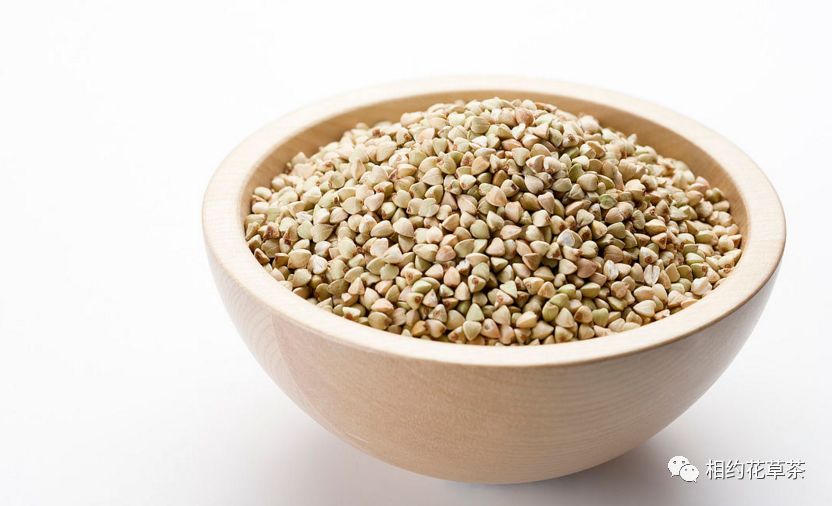
Buckwheat (Qiao Mai)
Lowers Blood Sugar
Buckwheat is rich in dietary fiber and flavonoids, especially the bitter buckwheat native to China, which has a high content of flavonoids and rutin. Rutin is a key component in medications for preventing and treating diabetes and controlling postprandial blood sugar levels, making buckwheat and bitter buckwheat particularly suitable for diabetic patients.
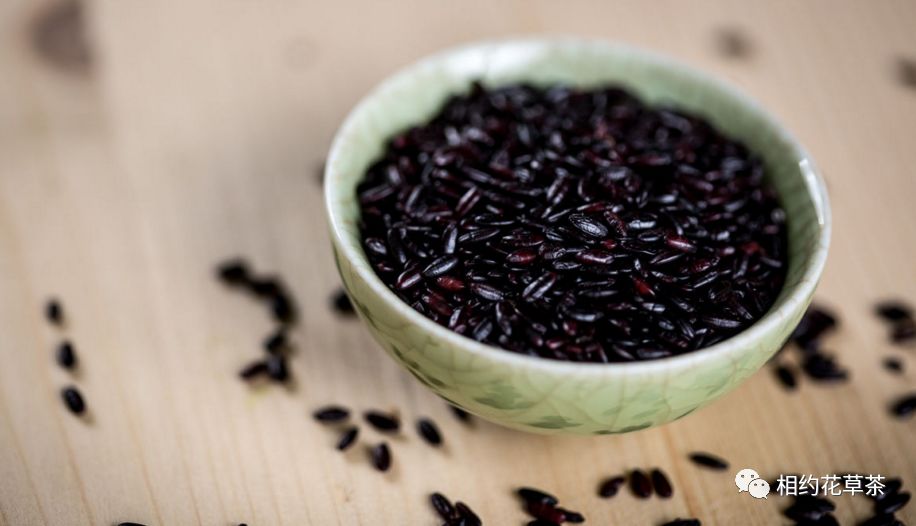
Black Rice (Zi Mi, Hei Mi)
Protects Eye Health
Black rice and other dark-colored grains are generally rich in anthocyanins, which have antioxidant properties, preventing fat oxidation and maintaining the health of ocular blood vessels.
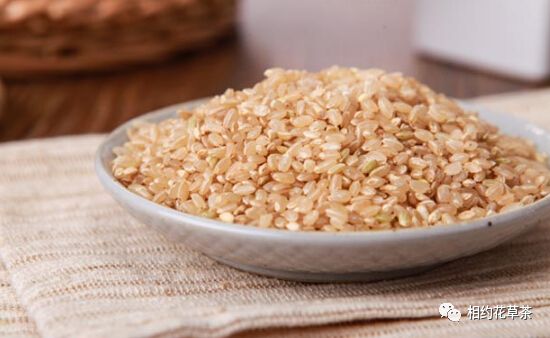
Brown Rice (Cao Mi)
Lowers Blood Lipids
Brown rice retains a large amount of dietary fiber, promoting the proliferation of beneficial gut bacteria, accelerating intestinal peristalsis, softening stool, and preventing constipation and colorectal cancer. Dietary fiber can also bind with cholesterol in bile, promoting its excretion, thus helping patients with hyperlipidemia lower their blood lipids.
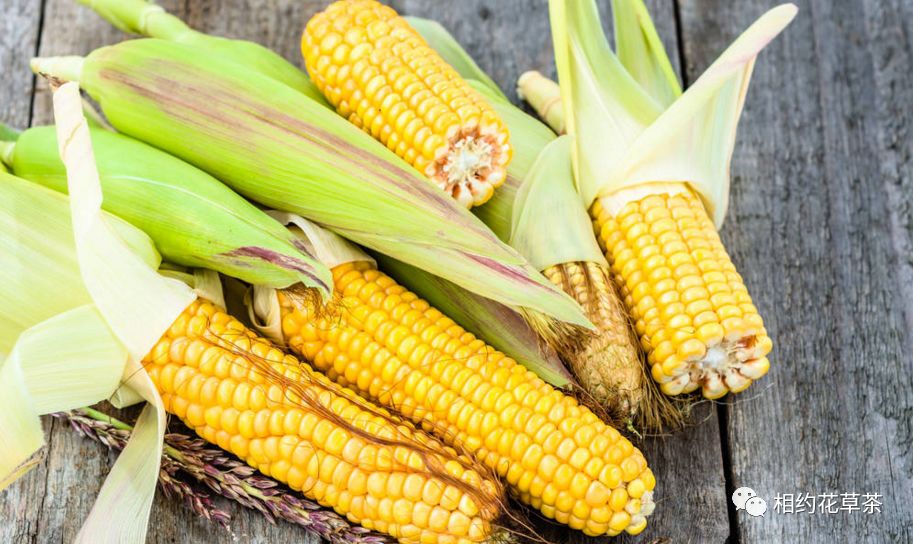
Corn (Yu Mi)
Lowers Cholesterol
Corn has a sweet taste and a neutral nature, with effects of strengthening the spleen, promoting diuresis, stimulating appetite, and calming the mind while invigorating blood circulation. The linoleic acid in corn oil can prevent cholesterol from depositing on blood vessel walls, positively impacting the prevention of hypertension and coronary heart disease. Additionally, corn has diuretic properties and can lower blood sugar, making it particularly suitable for diabetic patients.


